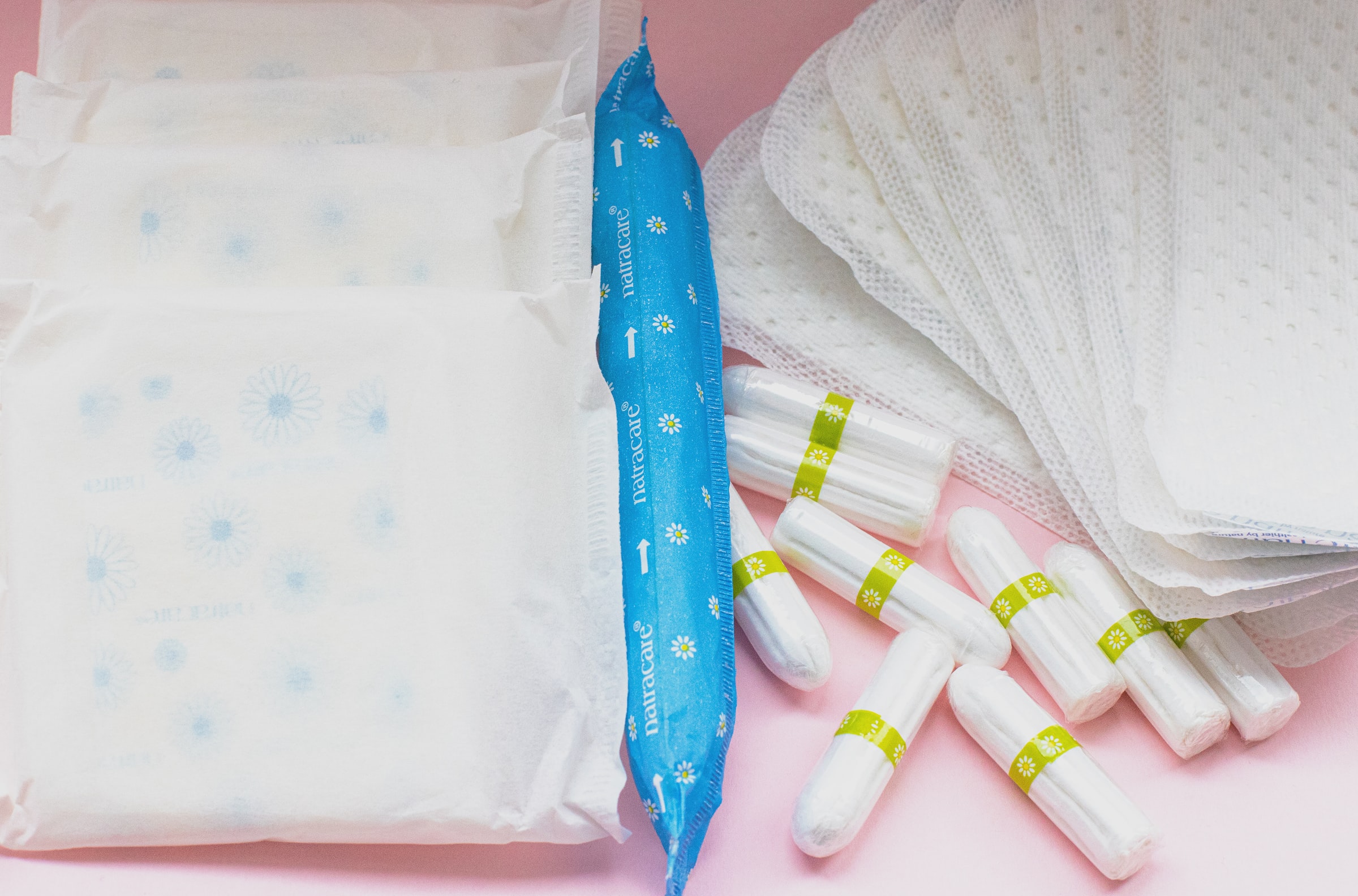
Comment Writer Georgina Tait discusses New Zealand supermarket chain Countdown’s recent change in its naming of menstrual products and why we need to remove the taboo around the word ‘period’
The New Zealand supermarket chain, Countdown, has become the first to explicitly use the word ‘period’ in its packaging for menstrual products such as tampons, menstrual cups, and pads. Usually, in the UK and across the rest of the world, we see phrases such as ‘feminine hygiene’ referring to these items, which noticeably avoid the whole reason behind why these products are made: periods.
To some, this may seem like a minor linguistic change, but this is political. The small change sends a very important message to people that periods are nothing to be ashamed of. The shame that society has created surrounding menstruation, causes people to portray periods as unhygienic. Of course, this is not true – although they are not pleasant. However, this does not warrant a blanket of shame to be draped over us. Rather than be ashamed of it, we should be proud, says Katie a second-year History student. She points out how impressive the female reproductive system is; to be able to create and care for a human life inside your body is far from shameful.
This wrongfully constructed taboo surrounding periods has seemingly always been around. From ‘time of the month’, the ‘P-word’, and ‘lady problems’, we have always found an alternative to the word ‘period’. However, with roughly 26% of the global population menstruating, it seems long overdue to begin minimising this unnecessary taboo. Surely, if periods are a natural process occurring in over a quarter of the global population, we should be empowering people who menstruate and encouraging an open conversation about periods and period-related health issues. After all, periods are the reason we are all here today: they are essential to the reproduction process and therefore should not be something we have to hide every month of the year.
We should be empowering people who menstruate and encouraging an open conversation about periods and period-related health issues
Minimising the taboo has particular benefits for some nine to 18-year-olds living in New Zealand, as many find they cannot afford products for when they are on their period. New Zealand’s Prime Minister, Jacinda Ardern, pointed out that around 95,000 young people, therefore, miss days of school whilst menstruating. This comes shortly after the announcement that menstrual products will be accessible for free in all high schools in the country. Without the taboo, young people will feel more comfortable talking about their periods, including the issue of how expensive some products can be, and will, therefore, feel more comfortable to ask for help. Despite this, there has been a rise in the use of menstrual cups over the past few years, which can save customers huge sums of money on pads and tampons. As well as the environmental benefits of using a menstrual cup, we can remain hopeful that there will soon be a decline in the number of young people struggling to afford tampons and pads.
In addition to the avoidance of the ‘P-word’, the use of the word ‘feminine’ on menstrual products also carries issues. Not everyone who menstruates is female; people who are in the transgender community, or identify with another gender, may still experience periods. By using the word ‘feminine’, supermarket chains are not respecting every single one of their customers and may harm some of their identities. Simply utilising the word ‘period’ is far more respectful and encourages more inclusivity for some of those in the LGBTQIA+ community.
The word ‘period’ is far more respectful and encourages more inclusivity for some of those in the LGBTQIA+ community
The supermarket’s decision comes three years after Tesco became the first UK retailer to remove the tampon tax in 2017. Changes such as these are vital in the feminist movement, in order to gain more equality between all genders. Fortunately, Countdown is a major supermarket chain, operating 180 stores across the country, which means their message will reach a wide audience in New Zealand. With some hope, Countdown will be the first of many to update their word choices, and we will begin to see a reduction of unnecessary euphemistic language like ‘feminine hygiene’.
_____________________________________________________________________________________
Like this story? See below for more from Comment:
Trans Rights Under Fire: Is Progress a Threat to Boris Johnson and Donald Trump?
Comments